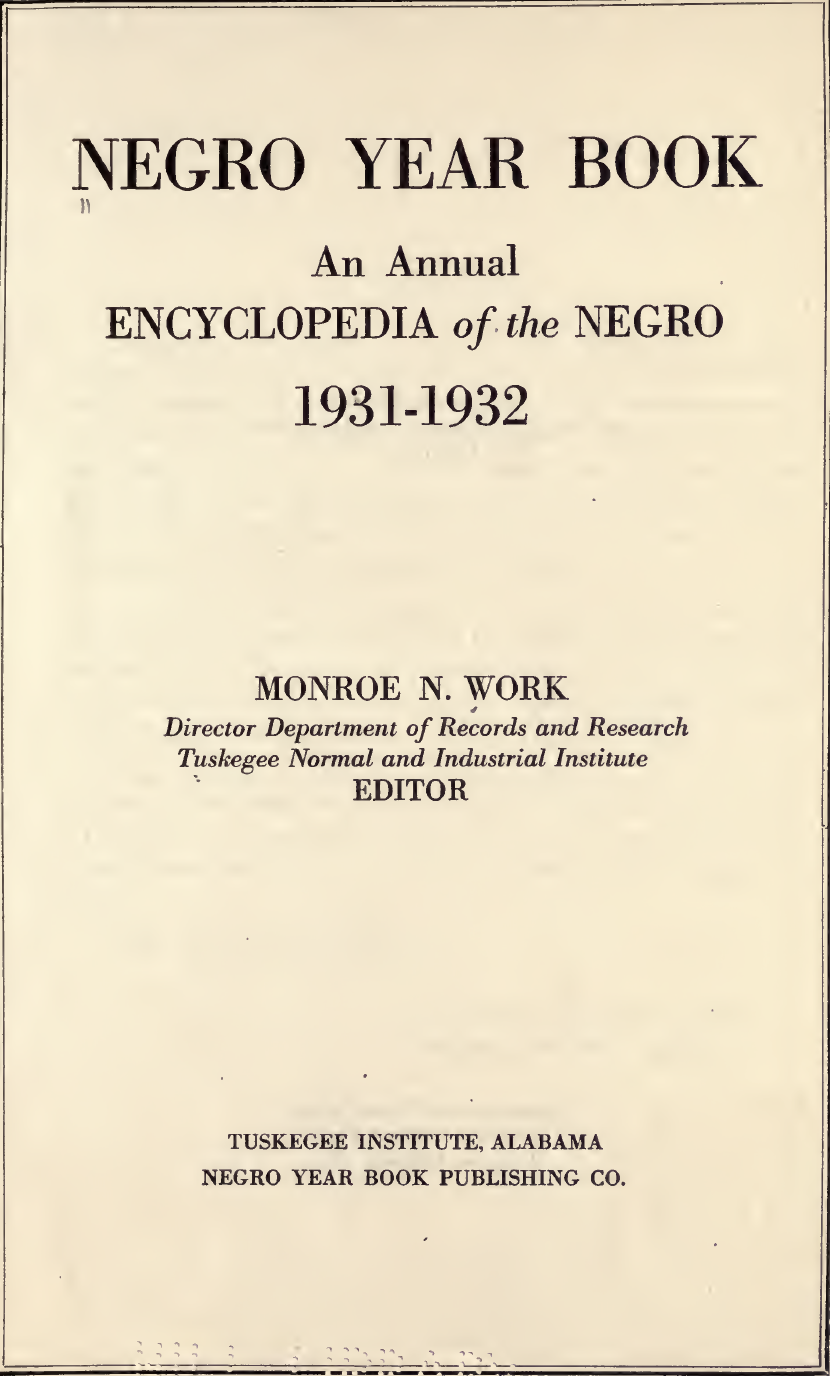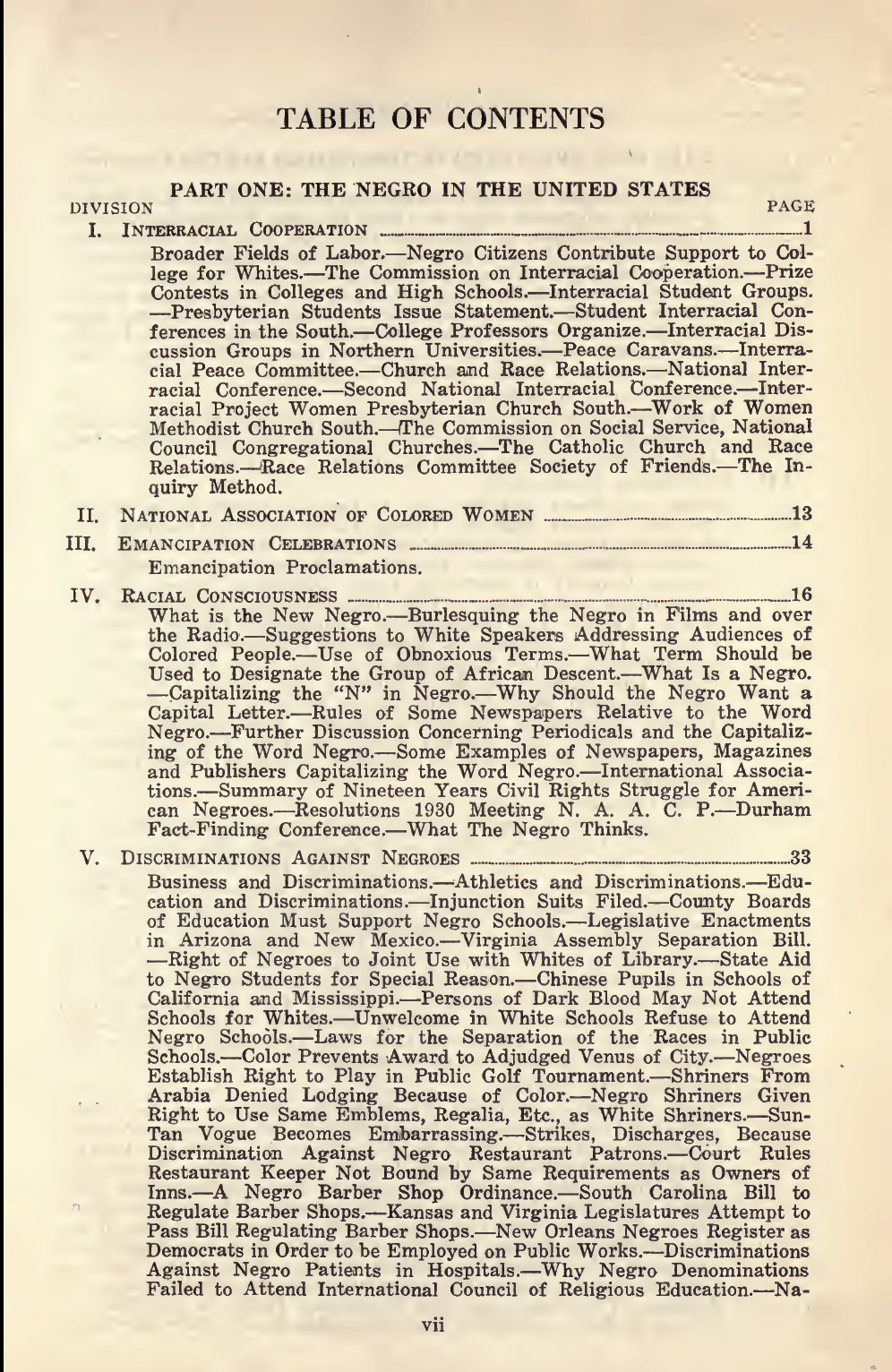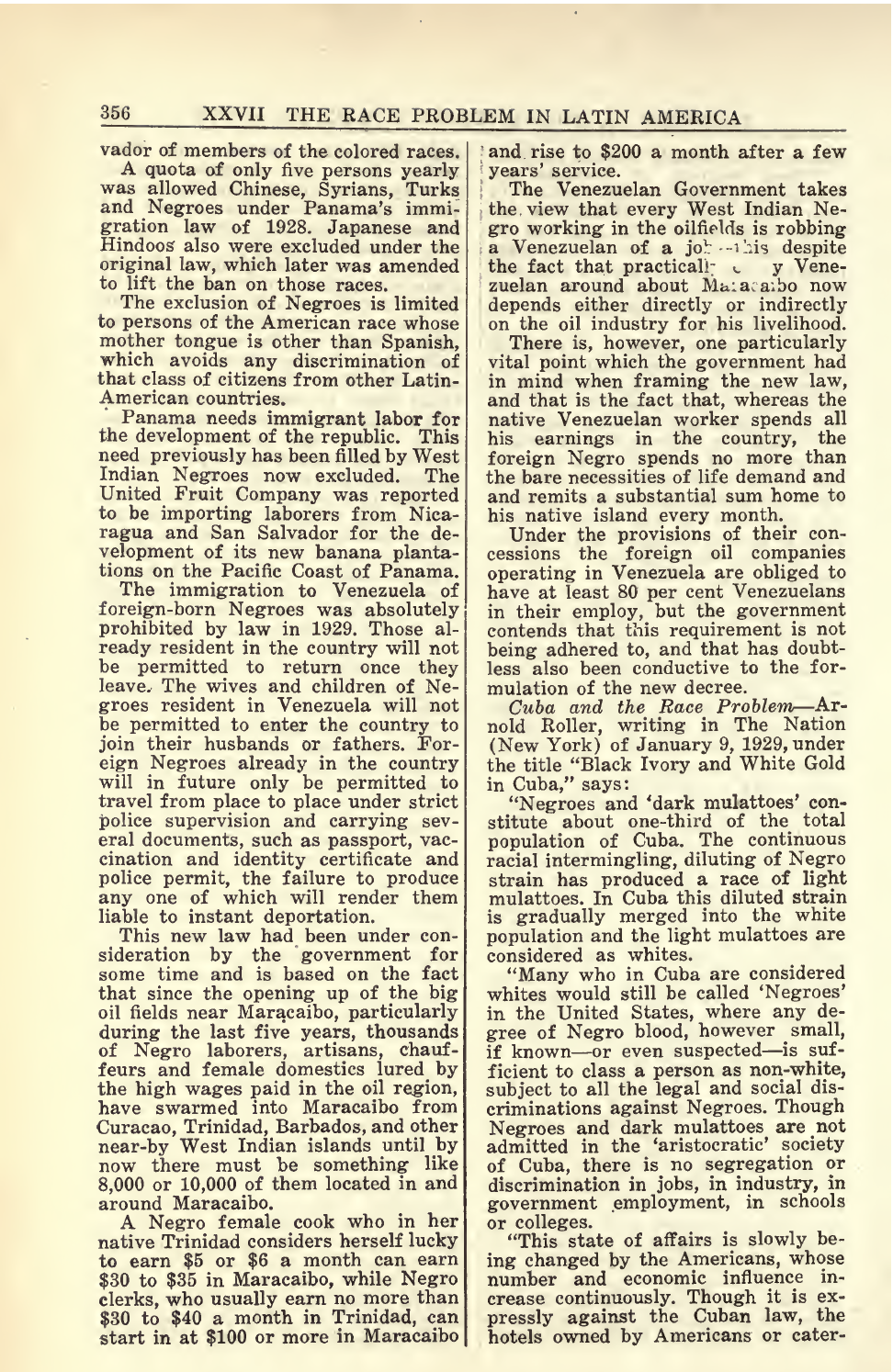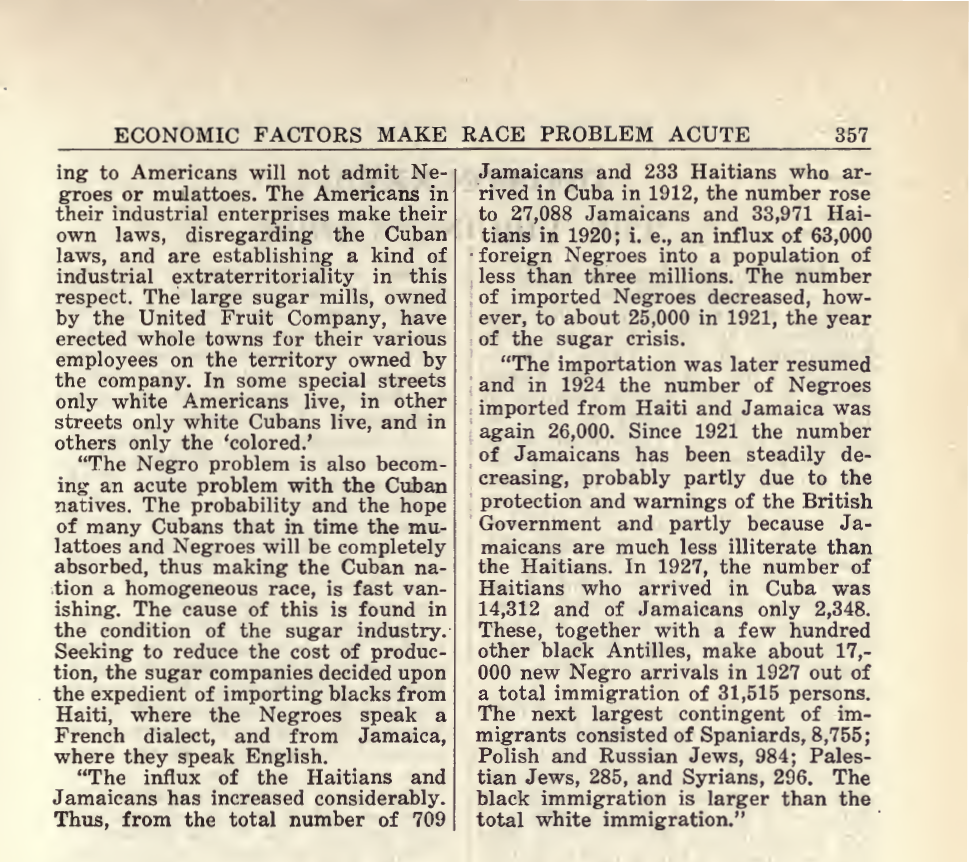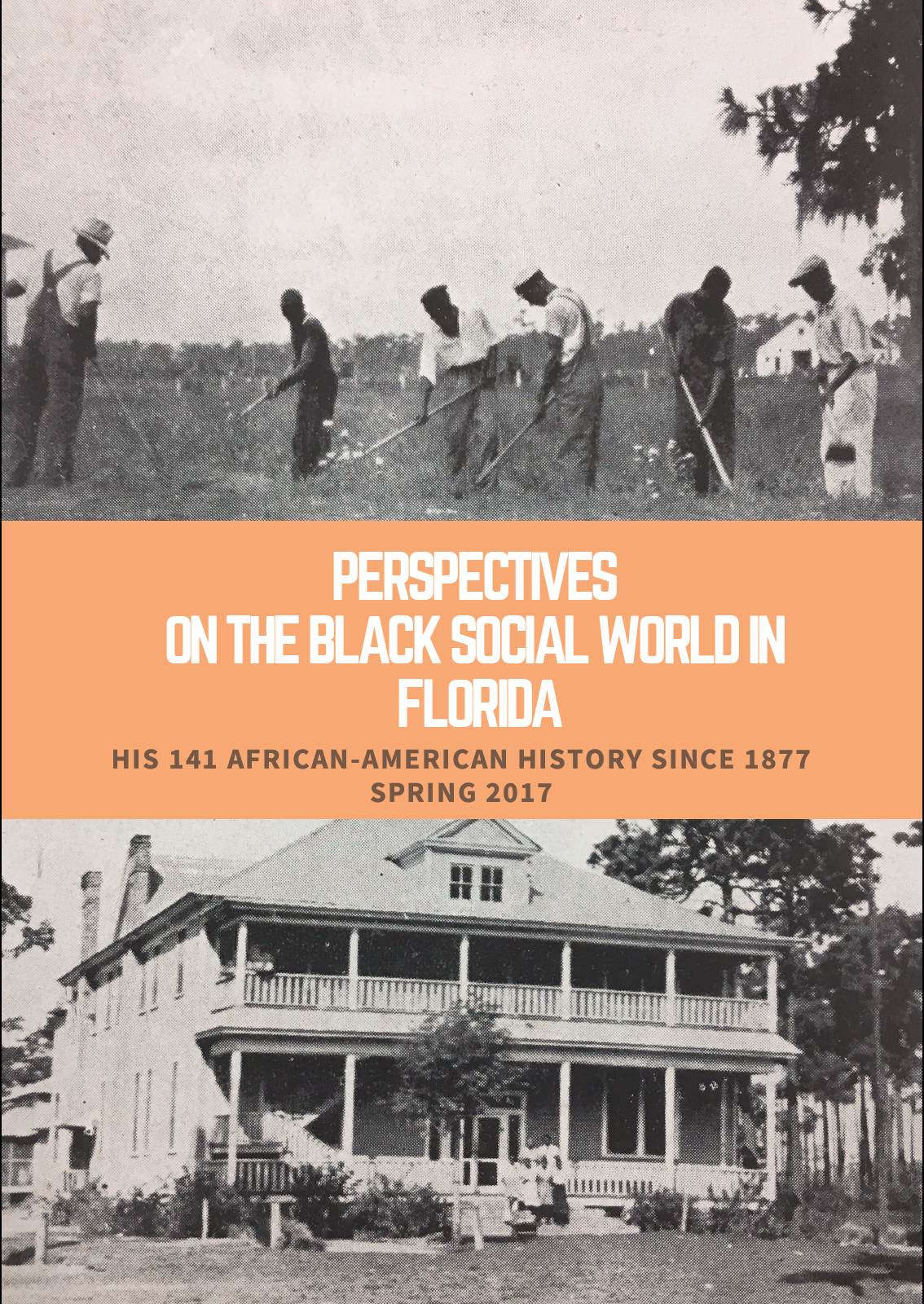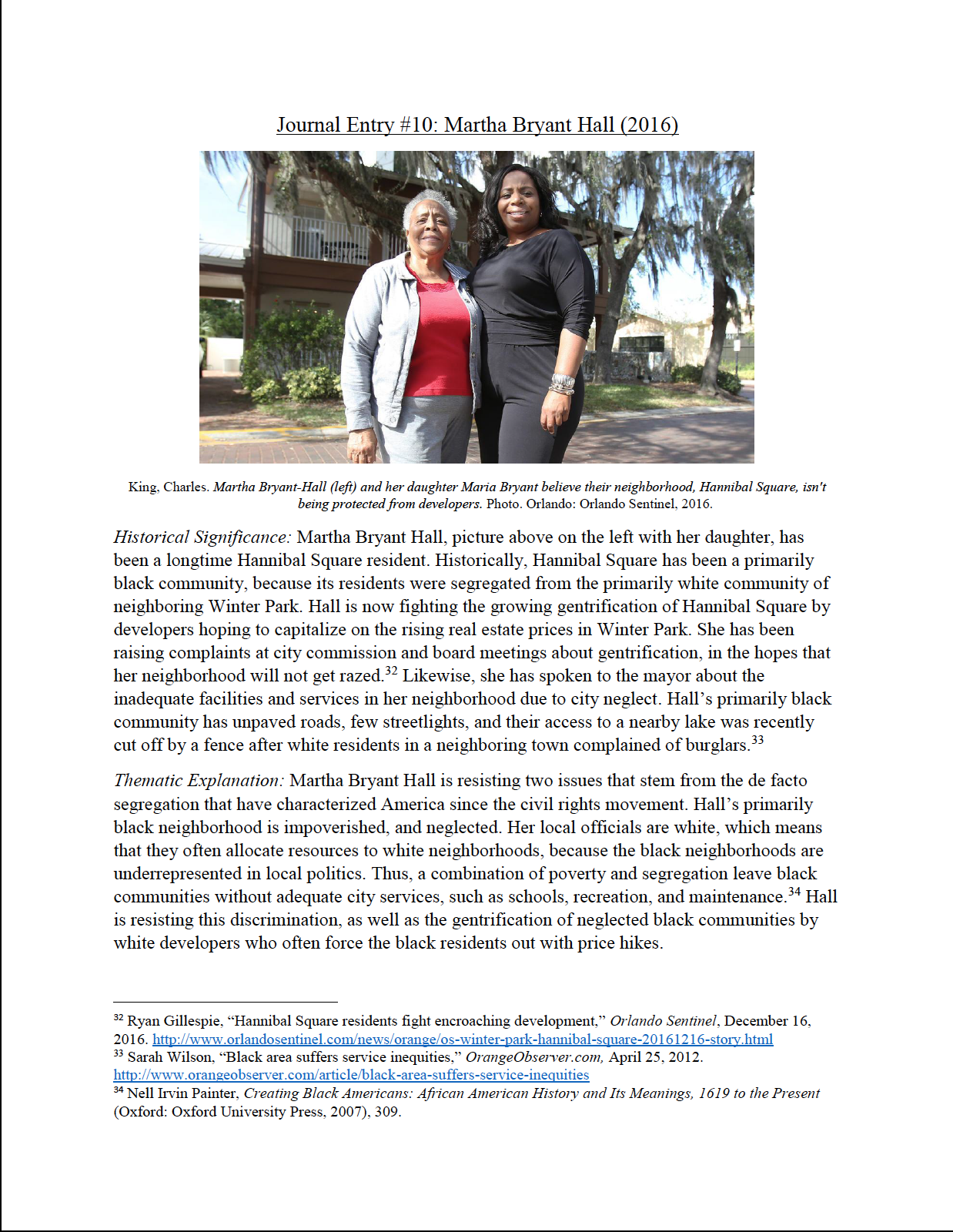My outreach as an academic follows the contours of my teaching and scholarship. As a teacher I encourage my students to think about the link between the past and the present; as a scholar I act on that assertion. Beyond formal academic discourse, I strive to create community dialogues that inform our understanding of urban issues.
Central Florida and beyond: The Black Social World
The idea of a Black Social World (BSW) grows from the relations that are evident among the African American communities that developed after Reconstruction in Florida. Celebrated by Booker T. Washington, Eatonville was destination for blacks across the region. This national awareness factors into my conception of the Tuskegee Universe, which looks to the public narratives about black economic sustainability so crucial to Washington’s persona in the early 20th century, but it also links the legacy of black agency in communities like Hannibal Square to wider national concerns.
Constructing a Vision of the black experience
One element of the black experience in Central Florida was a consistent narrative championed by African Americans of the opportunity linked to the state. During the Spring 2017 semester, I worked with students on "Archive Stories" rooted in a black diaspora approach. The ultimate outcome was Perspectives, a thematic primary source reader created by students based on their analysis of archival sources. One "primer" exercise involved reading excepts from Negro Year Book from 1932. The goal was emphasize black awareness of diaspora as a central part of black freedom struggle.
Hannibal Square
I work to fuse community engagement with my approach to teaching in the classroom. As a teacher/scholar, I balance the learning experience of my students with engagement in the community. My efforts are guided by the Carnegie Foundation for the Advancement of Teaching's definition of community engagement as a “partnership” between educational institutions and the public “to enrich scholarship, research, and creative activity; enhance curriculum, teaching and learning; prepare educated, engaged citizens; strengthen democratic values and civic responsibility; address critical societal issues; and contribute to the public good.” With this in mind, I create generative digital history project that examine community history in Hannibal Square, the historic African American District in Winter Park, Florida. While the focus remains consistent, my project based approach uses assignments designed to align course content and learning outcomes to engage the community. The project history below document this engagement. Use the links to learn more about each project.
Advocate Recovered: Advocate Recovered (AR) is a critical making digital recovery project to recover the contents of The Winter Park Advocate, an African-American newspaper published in Winter Park, Florida. This project grew from a digital simulation examining the political life of the African-American community in Central Florida. Utilizing scrapbooks in the Rollins College Olin Library Special Collection and Archive, we were able to discover fragments of the newspaper published by Gus C. Henderson, an African American publisher and community leader active in the Republican Party throughout the 1890s.
Urban Bulletin Audio Documentary Project exploring the Hannibal Square Community Land Trust: Defining the C in CLT , Alternative Sources: The Community Land Trust, and Compare and Contrast Housing in Winter Park.
Digital Flashback 1890s: A digital simulation using roleplaying to re-create political discourse in 1893.
The Gentrification of Hannibal Square (A digital companion project from HON 302 Research Methods): In this digital companion project the student researcher effectively uses Google maps to create an interactive overview of how city ordinances shifted the character of the Hannibal Square community.
The Hannibal Square Reporter (Applied History project with Kenneth Cox '16): A Historical Simulation exploring the detachment of Hannibal Square from the town of Winter Park in the 1890s [ARCHIVED].
Block by Block was designed to explore the history of property in Hannibal Square, the historic African American community in Winter Park, Florida. The origin of this project grew from a recurring community complaint that the character of the Hannibal Square community is lost in contemporary debates about gentrification. Engaging with institutional records, the timelines produced in this course served as digital companion projects to essays written by students in the course. Weaving together archival documents and genealogical records along with applicable secondary sources, students in this course explored Hannibal Square from the 1890s to 1980s through property. The timelines offered students a chance to reflect on social, political, and economic circumstances linked to black owned property in Hannibal Square. The student timelines created in this class are viewable online at the Block By Block website [ARCHIVED].
Gus Henderson
An African American Advocate
The Gus Henderson bio comics was project that grew out of my work with the Hannibal Square Community Land Trust. The goal was to bring attention to the black history of the historic community. In many ways the historical “fact” on display in the comics are a matter of public record, but this single page brought Henderson to life. The artwork from Selim Nurudeen captured Henderson’s vibrant character. Rather think of him as an outlier, Henderson’s vision matched an African American vision of freedom and prosperity that shaped black communities in the region.
Documenting the Black Social World: A Panel Discussion at hannibal Square Heritage Center
In 2013 I worked with the Samuel Proctor Oral History Program (SPOHP) at the University of Central Florida to conduct a series of oral history in Hannibal Square. These conversations were part of a larger effort to document the black experience in Central Florida. This panel conducted by Marna Weston from SPOHP featured community leaders from Hannibal Square and Eatonville.
Eatonville
As teacher-scholar I have developed research and pedagogy rooted in the diverse perspectives brought to light through a synergy between scholarly narrative and community engagement. Exploring Eatonville and its placement within a broader black experience have become defining parts of my interdisciplinary practice.
Project Mosaic: Zora Neale Hurston
Using the work of Zora Neale Hurston as a central theme, Project Mosaic infuses African-American subject matter into a wide array of academic disciplines from art and education to anthropology and history. In so doing, the project links a local minority subject to the wider socio-cultural experience, enhances awareness of Africa and African-American culture, and stimulates learning within the context of a liberal arts education.
Every Tongue Got to Confess Podcast
ETGC is hosted and co-produced by Julian Chambliss (Michigan State University). In the same spirit as Zora Neale Hurston - famous African American novelist, short story writer, folklorist, and anthropologist - this podcast explores the experiences and stories of communities of color. All podcasts are brought to you by The Association to Preserve the Eatonville Community (the official sponsor of the Zora Neale Hurston Festival of the Arts and Humanities) as well the Department of History at the University of Central Florida.
Opening Plenary of the 2017 Communities Conference at Rollins College
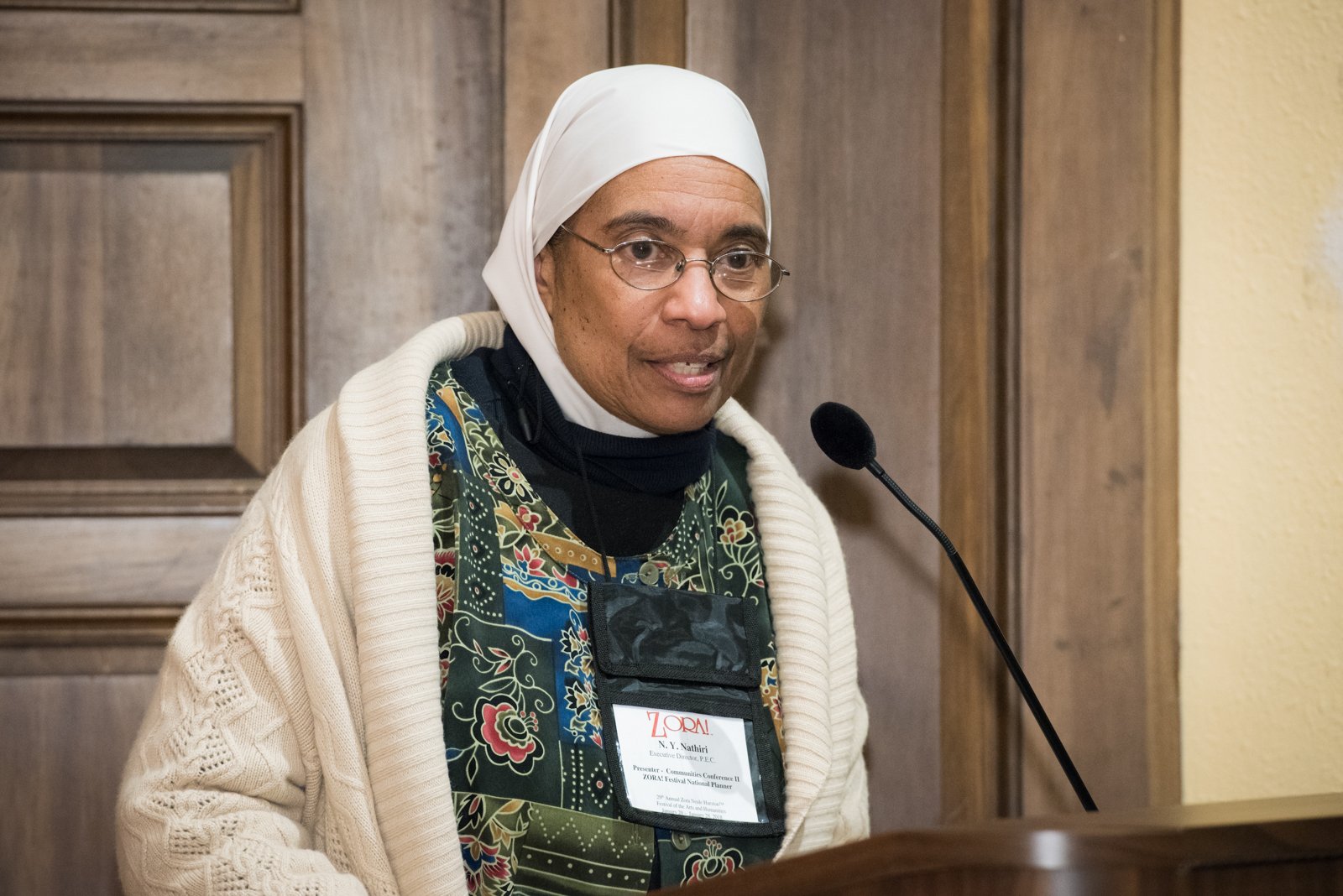
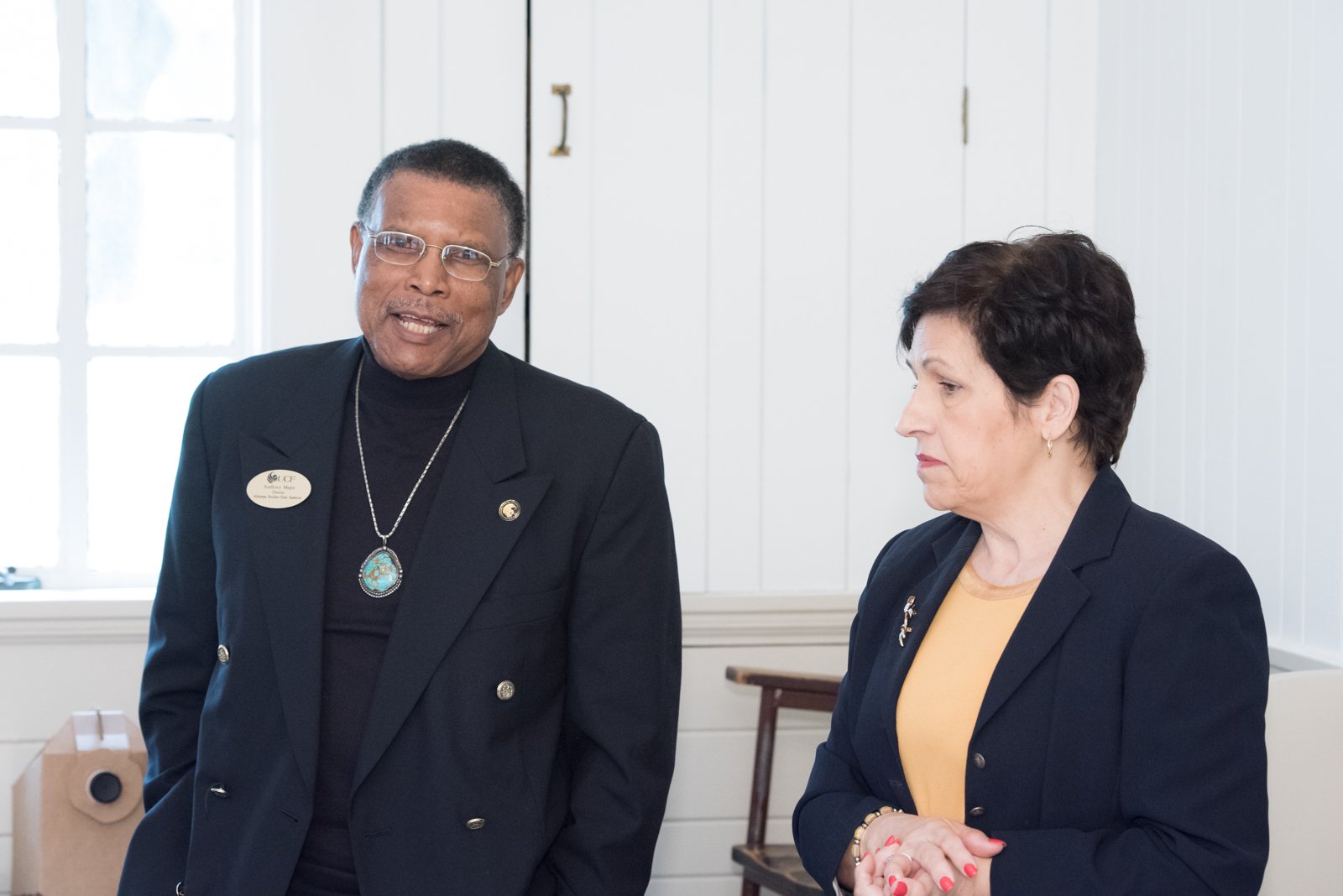
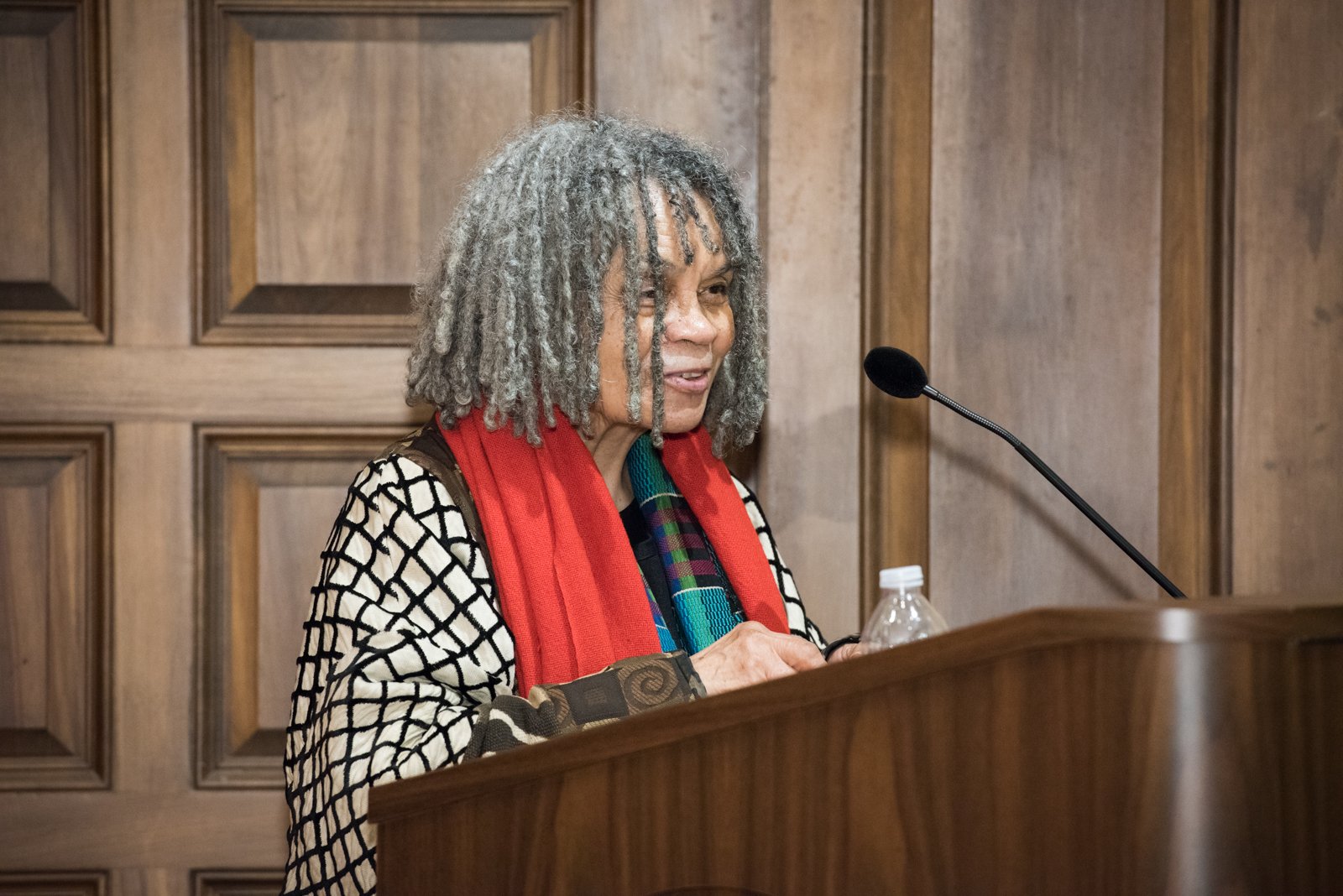
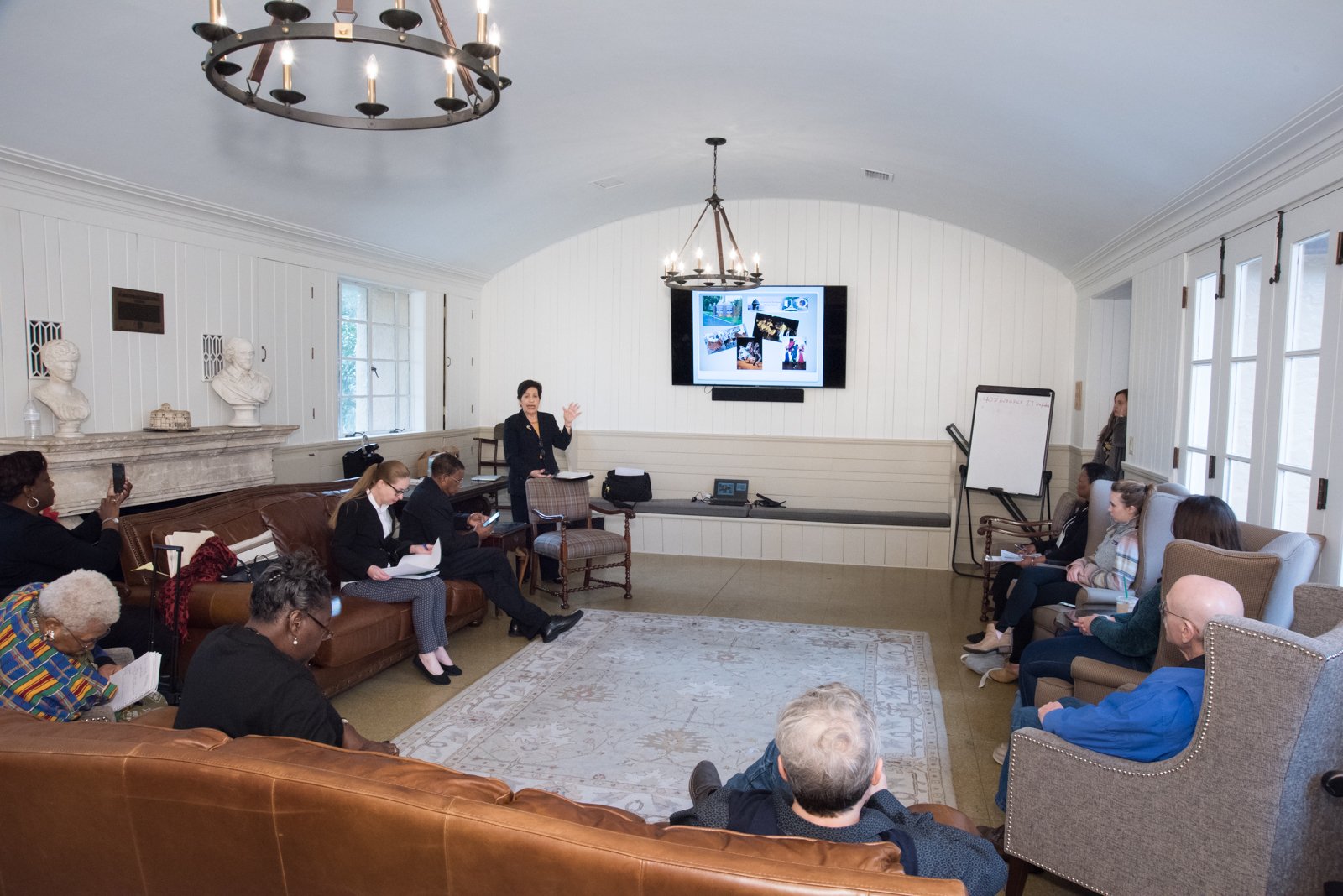
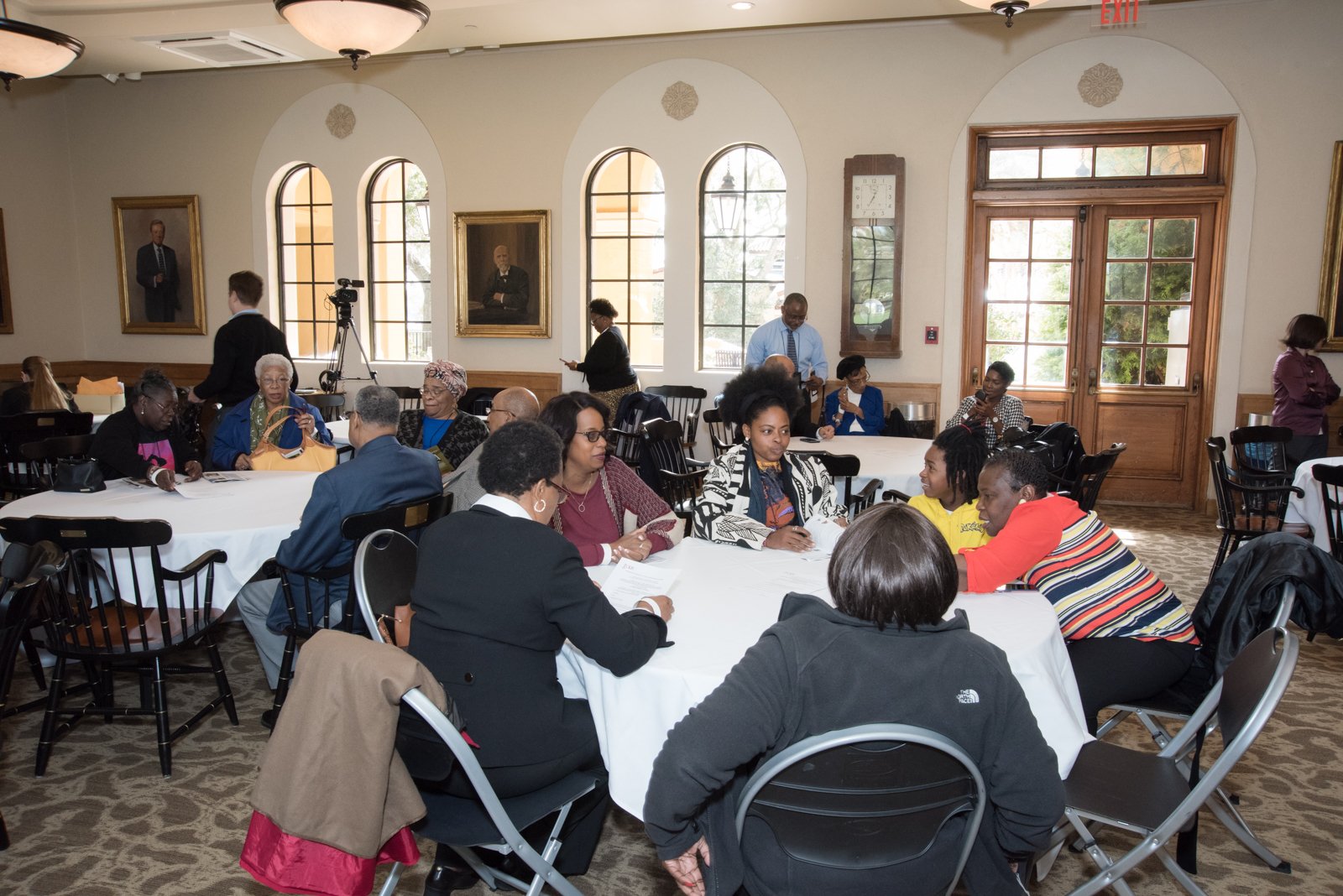
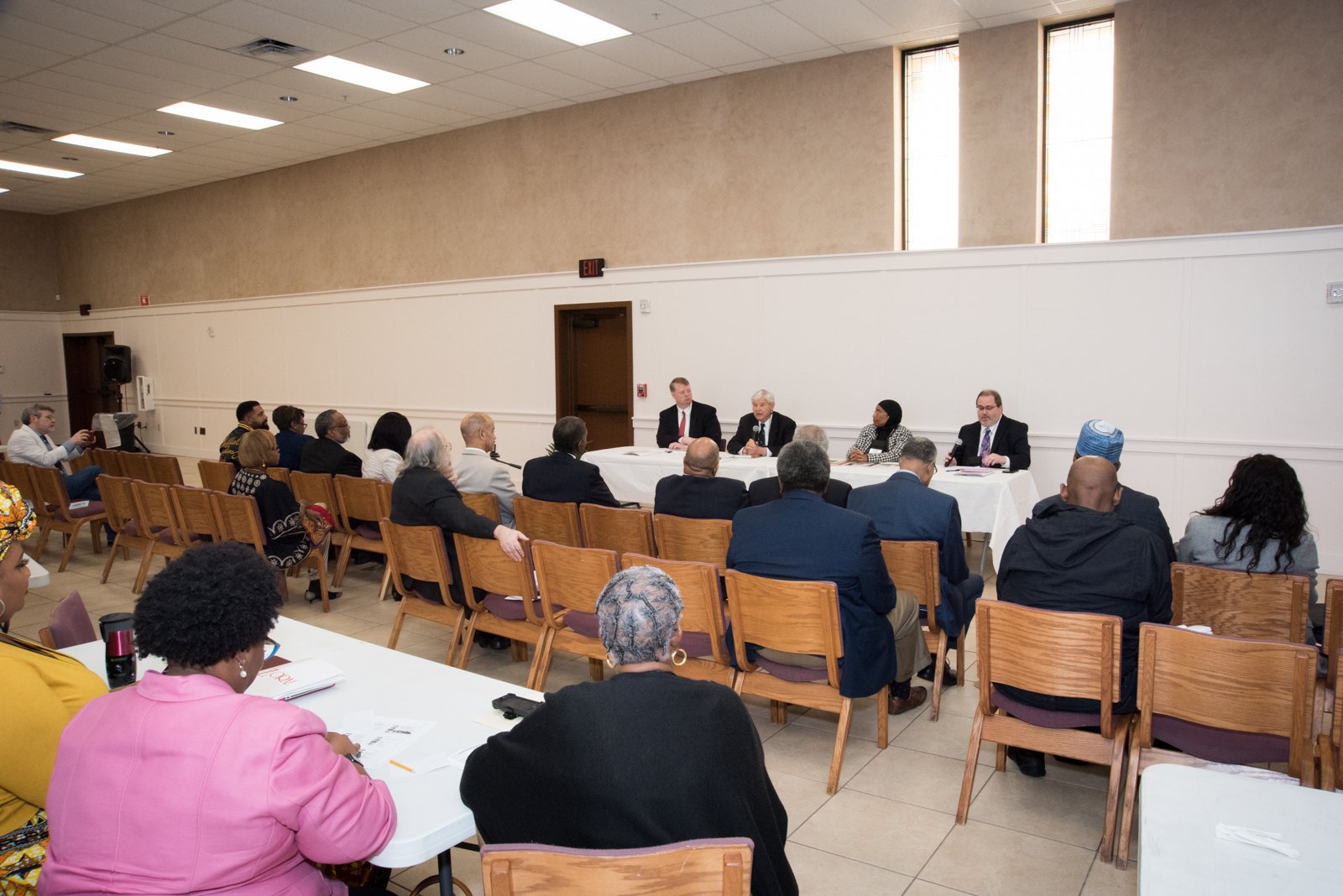
A photo archive documenting the Communities Conference co-sponsored by Rollins College and The Association to Preserve Eatonville Community.
